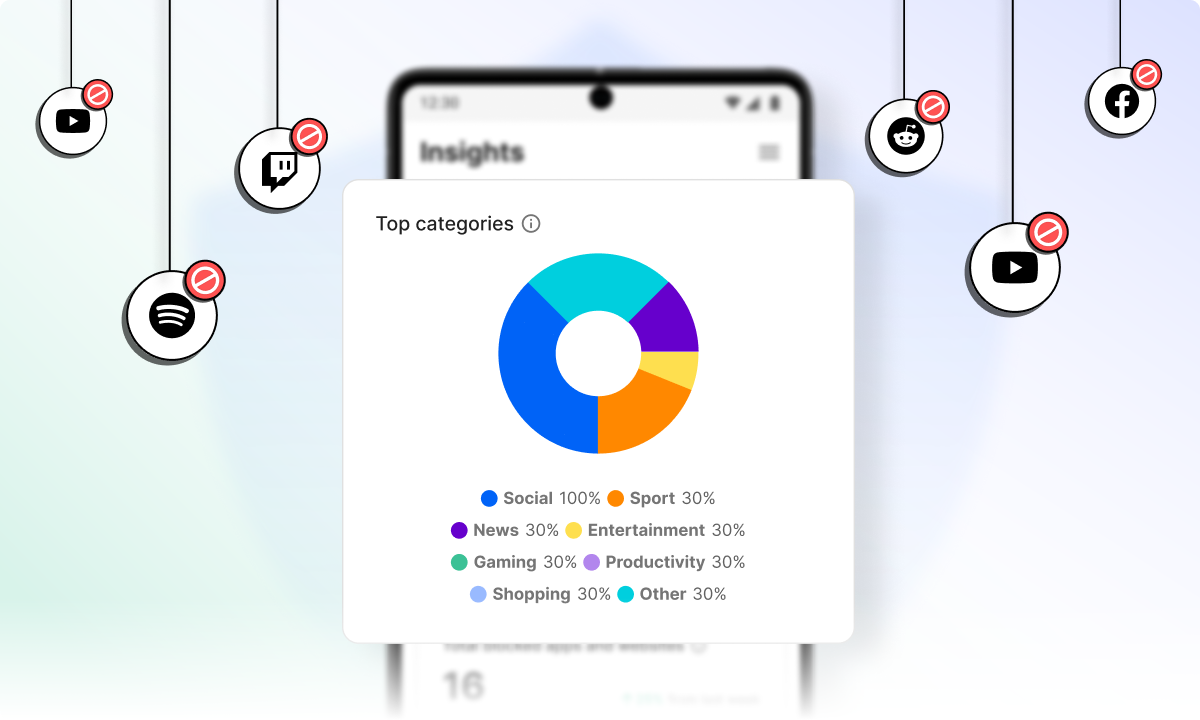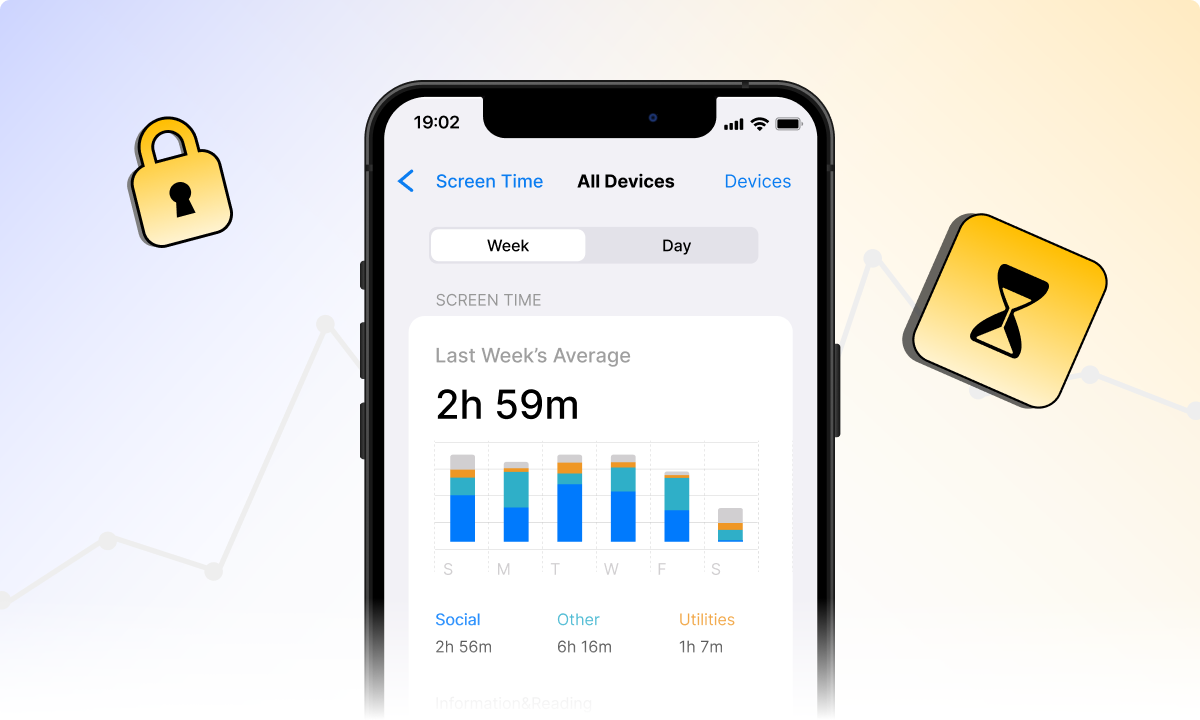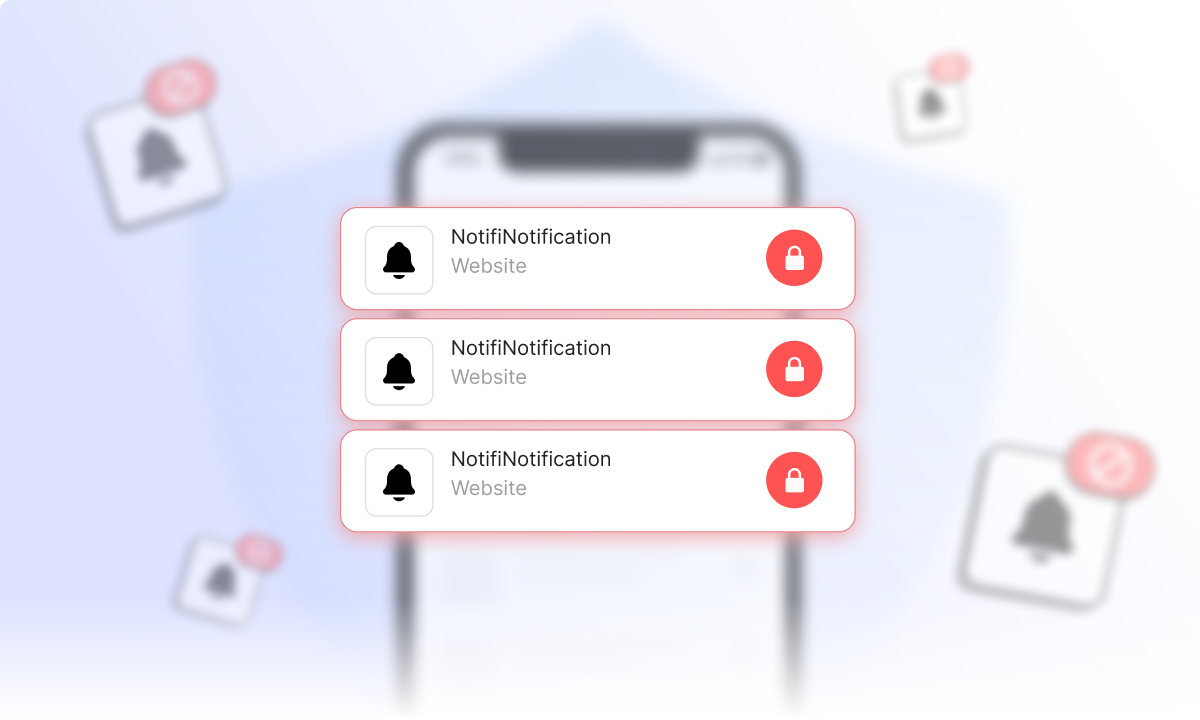Have you ever suffered from overthinking an important decision? Turns out you’re not alone. Many people struggle to make decisions throughout their waking hours, leading some to be in a constant state of stress and inefficiency. Analysis paralysis not only negatively affects your productivity, but can also have a severe impact on your emotional wellbeing. When the process of decision-making becomes too complicated, seemingly simple tasks can seem impossible to do.
According to a study, the extra options also have the effect of lowering our satisfaction, reducing our confidence in the choice we made, and increasing the likelihood that we will regret the choice.
What is analysis paralysis?
Analysis paralysis is an inability to decide because of overthinking alternatives and outcomes that might result from a given course of action. The inability to convince oneself of the propriety of selecting (or not selecting) an option arises from the dread of making a wrong choice. All these more often than not result in lost opportunities and can bring such productive effects on daily activities and long-term goals.
Common reasons for analysis paralysis
There are many factors leading to analysis paralysis, and thus to decision avoidance. Here we analyze the nature of the decision itself, and the mental state of the person who has to make it.
Common decisions
Some decisions are more likely to provoke over-analysis than others. Here are four common types of decisions where this usually happens:
1. Career moves
Choosing the right career or even the mere thought of a change in your career might inflict an overwhelming effect on one’s future. Weighing against pros and cons too much may complicate the situation into one that needed to be a straightforward decision process
2. Financial investments
There are always elements of risk and uncertainty in investment decisions. With the numerous investment options available, and with the fear of losing money, it can be daunting to actually invest your hard-earned money. People spend days comparing investment options, but end up making no decision, thus losing out on the gains..
3. Personal relationships
Deciding whether to kiss a person you just met or to break up with someone creates an emotional load of possible consequences, making it difficult to move forward. Sometimes you might imagine all the cascading effects. What would the kiss or break up mean for you? Would your friends and your lover’s friends approve? What might it foretell about your future relationship, career, and overall personality? The longer you contemplate the situation, the more you see and worry about it, and this overwhelm can cause you to hold back from making a choice.
4. Daily tasks
Even as simple a choice as what to wear or eat becomes overwhelming when the number of options skyrockets. The loss of time due to minor decisions accounts for lowered productivity and increased stress levels.
Mental state
Several mental states can also have a direct impact on analysis paralysis. Here are three key factors:
1. ADHD
Because people with ADHD tend to struggle with executive function, care is harder to manage. Many decisions have to be made, and this complicates the process, increasing the chances of analysis paralysis. Finding it easy to become distracted or overly hyper-focused on less relevant details (also executive function problems) makes it harder for overcoming analysis paralysis..
2. Anxiety
Anxiety heightens the fear of choosing poorly, and leads to excessive caution and over-analysis. This fear can cause people to shut down, and any decision to feel like an enormous one; when anxiety centers are overactive, people worry and overthink everything incessantly and are unable to move forward.
3. Perfectionism
The pursuit of perfect decisions can lead to endless scrutiny of options and delayed final decisions. Perfectionists fear their choice won’t meet high standards, causing excessive evaluation and stagnation. This drive for perfection results in a never-ending cycle of refining and revisiting decisions.
How does analysis paralysis start
Analysis paralysis starts with the fear of making the wrong decision. That fear leads the paralyzed to search for more information, ruminate over possible outcomes and consequences and, rather than narrowing choices, increases uncertainty and indecision into a self-reinforcing cycle of anxiety and inaction. The more paralyzed you feel and the longer you take to decide, the more the indecision embraces you and the more overwhelming the paralysis becomes.
How to know if you have analysis paralysis
Pinpointing if you suffer from analysis paralysis can be difficult, but it’s a critical step in overcoming it. Here are some of the most common symptoms:
Indecisiveness
This means frequently changing your mind and not settling on a choice. If this is your problem, you might be making decisions and then constantly reconsidering them, never settling on an option.
Overanalyzing
You’re taking too long to gather information and consider your options. You’re becoming submerged in data and still looking for more information when you already have enough to make your decision.
Procrastination
When you’re procrastinating, you’re putting off decisions and activities because you have too many choices. There are so many options available that deciding how to proceed becomes overwhelming and paralyzing. Decisions are deferred indefinitely and, if problems mount, deadlines and opportunities are missed.
Stress and anxiety
You feel anxious and stressed about making the right choice. You feel the pressure to choose the ‘perfect’ path, and this pressure makes you feel mentally and emotionally exhausted. The emotional burden hinders you further in your decision-making process.
Physical symptoms
You become tired, get headaches or have trouble sleeping because you’re lingering over decisions too long. The stress and anxiety of analysis are par, and this makes the symptoms tend to create an indecision worse: the stress from not being able to decide makes you unhealthy. Poor health, in turn, makes deciding even harder.
How to overcome analysis paralysis
So how to fight analysis paralysis and what can you do to extricate yourself from it? There are some useful tricks:
1. Set deadlines
Deadlines compel decisions by shrinking the time you spend second-guessing yourself. By setting dates for decisions, you create urgency that leads to action. Your brain responds to deadlines by narrowing your focus and selling you on the essential actions that need to be taken, minimizing over-analysis.
2. Limit your options
Cull away less viable options to make a decision less costly and overwhelming. Focus on a more manageable set of alternatives by sifting the options early, instead of sorting through every possibility. For example, narrowing the candidates to your top three makes a decision less cognitively expensive.
3. Structured frameworks
Use decision-making frameworks such as a pros/cons list or the 80/20 rule to help you make choices. Structured frameworks help to make a choice seem less overwhelming by simplifying your mental process and offering a straightforward path to a decision. Structured frameworks feel clear and logical in how you evaluate options, and minimize emotional interference. This can also help you to navigate through even the most difficult of choices.
4. Practice small decisions
Learn to practice small decisions, made fast, to build your confidence. Every time you make a small decision, your confidence grows, and that goes toward your ability to make larger ones. Little daily victories make you more comfortable with decisions, making large decisions seem easier. Physiologically, little daily decisions will reduce your fear of bigger ones.
5. Block distractions
Block distracting sites with tools like BlockSite to create a default environment for getting things done in the first place. Using BlockSite browser extension or app, you can turn off access to individual websites and apps.
In addition, you can turn on a feature called Focus Mode that temporarily blocks distracting websites and apps, helping you stay on task and enhance your productivity.
With fewer distractions from outside, you’re more likely to stick with what you’re working on and make your decisions stick. A focused environment slants your mental energy toward the things that matter. You’ll want to think things through more fully because outside distractions make it easier to delay and overthink.
Take charge of your decisions
To regain your free will and the power of decision-making, set shorter deadlines for yourself, cut down the number of options you see, and practice making small choices fast. And to make it more effective, use BlockSite and other tools that lean in the direction of focus.
So get moving already and calm the wheels of overthinking. The sooner you start, the faster you’ll make a dent in the paralysis that keeps you from moving forward. The steps above provide concrete (and simple-to-implement) steps that can help you make substantive changes in your decision-making process. Don’t let the chains of analysis paralysis continue to bind you. Take back control of your life today.
FAQs
What are the long-term effects of analysis paralysis?
The long-term results can be lessened productivity, missed opportunities, increased stress and lowered self-confidence. Chronic indecision can lead to stagnation and inhibit personal as well as professional growth.
Why do people experience analysis paralysis?
Anxiety, the fear of making a mistake and being confronted by too many options are the main reasons why paralysis by analysis occurs.
Can analysis paralysis be linked to perfectionism?
Yes, it is true that analysis paralysis is often the result of perfectionism. It occurs when the looming fear of making a ‘bad’ choice is too overwhelming, and this fear causes paralysis by having too much time to ‘think’ things over. The fear of making a poor choice in these cases might be too dire to even consider.
How can mindfulness help in overcoming analysis paralysis?
Mindfulness helps with decision-making by increasing present-moment awareness and diminishing rumination and anxiety. By using mindfulness techniques to focus on the here and now, you can learn to stop overthinking about the future and make quicker decisions.
Why is it challenging for people with ADHD to make decisions?
Difficulties focusing, prioritizing and managing multiple variables in decision-making are compounded by the impairments to executive functions associated with ADHD, where starting and completing tasks are problematic, leading to excessive information-gathering, and hence deliberation, and delaying the decisive moment.






